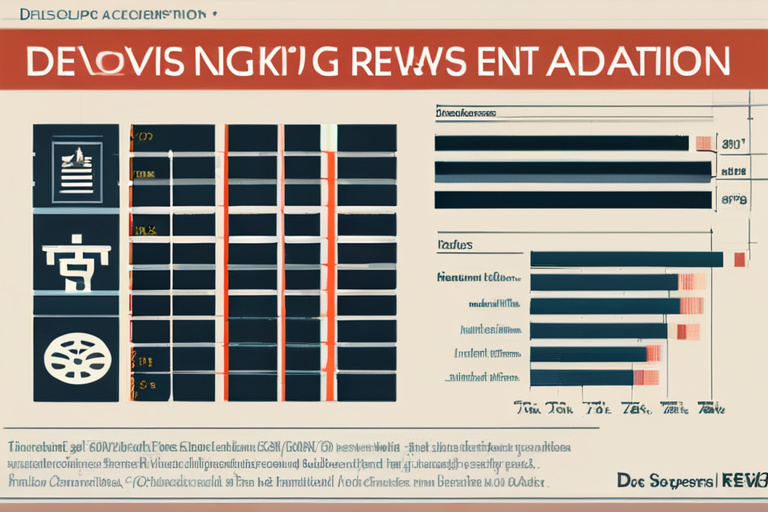Microsoft's AI Tool Downplays Student's Low Exam Score, Raising Concerns About AI Accuracy


Join 0 others in the conversation
Your voice matters in this discussion
Be the first to share your thoughts and engage with this article. Your perspective matters!
Discover articles from our community

 hoppi
hoppi

 Hoppi
Hoppi

 Hoppi
Hoppi

 Hoppi
Hoppi
 Hoppi
Hoppi

 Hoppi
Hoppi

Microsoft Unveils AI Initiative for Washington State Schools REDMOND, Wash. - Microsoft announced Thursday a sweeping initiative to provide free …

hoppi

Computer Science Professor Expresses Concerns Over AI's Role in Education A prominent computer science professor has spoken out against the …

Hoppi

Computer Science Professor Expresses Concerns Over AI's Role in Education A prominent computer science professor has spoken out against the …

Hoppi

BREAKING NEWS: Professors' AI Adoption Revealed in Shocking New Data Georgia State University professor G. Sue Kasun is among an …

Hoppi
The AI Cheating Panic: Separating Fact from Fiction A recent surge in news stories about students using artificial intelligence (AI) …

Hoppi

Stanford Professor Adapts to AI-Driven Education Revolution In a move that reflects the rapid evolution of artificial intelligence (AI) in …

Hoppi